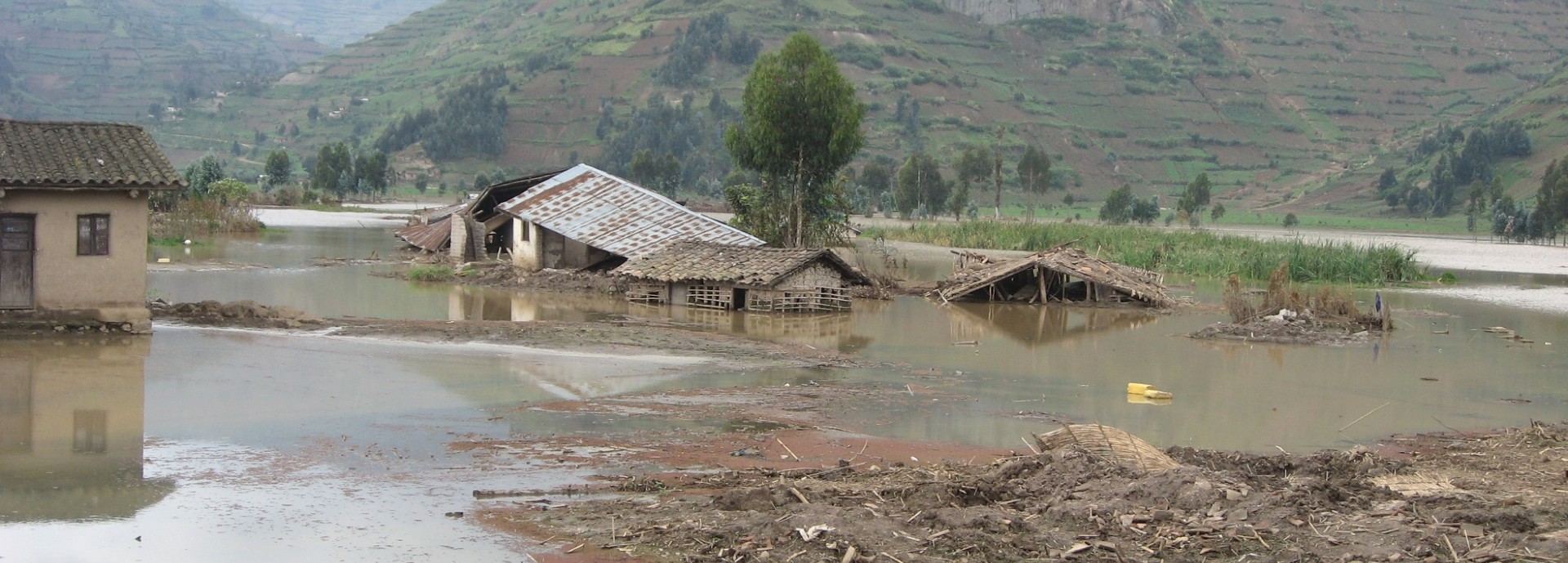Experts at the University of Stirling have been awarded a share of £200,000 to support marginalised groups impacted by severe flooding and drought in Rwanda.
The ‘Resilience+: Integrating Equity into Climate-Resilient Development’ (RICARDO) study will address the challenges faced by two disproportionally affected groups: women and people with disabilities and promote the creation of inclusive and responsive resilience policy that is more equitable in its outcomes.
Led by Glasgow Caledonian University, the 15-month long study involves Stirling’s Dr Sandra Engstrom and Dr Hannah Grayson of the Faculty of Social Sciences, as well as partners at Coventry University, University of Rwanda and charity, Send a Cow.
Dr Engstrom said: “More than two million people have been affected by flooding and drought in Rwanda over the last twenty years, which has resulted in damage to crops, destruction of infrastructure and even loss of life.
“This has affected vulnerable and marginalised groups, such as women and those with disabilities disproportionally, yet their needs have been ignored by previous policies and projects aiming to help build resilience to climate shocks in communities.
“This project aims to address this challenge by building a network of citizens – local women and people with disabilities – development practitioners, policymakers and academics who will come together to discuss what resilience means for different people, and what kinds of resources, knowledge and capabilities are necessary in the Rwandan context for making resilience policy and programming more equitable in its outcomes.”
The research has secured funding from the UK Research and Innovation (UKRI) Global Challenges Research Fund, which supports cutting-edge research addressing challenges faced by developing countries.
The project team will adopt a participatory action research (PAR) approach, with attendees becoming co-researchers, ensuring that their views, needs and priorities are adequately addressed.
Dr Engstrom added: “The project will push the boundaries of resilience theory and practice in development by building on previous work on this topic, advancing the growing field of critical adaptation, resilience and vulnerability studies.”

